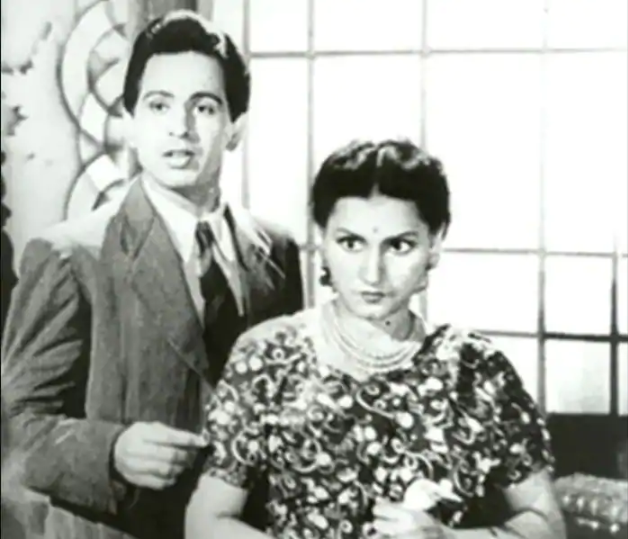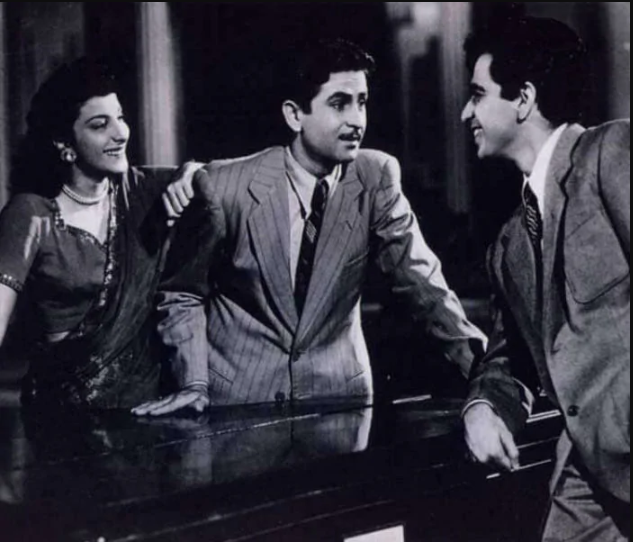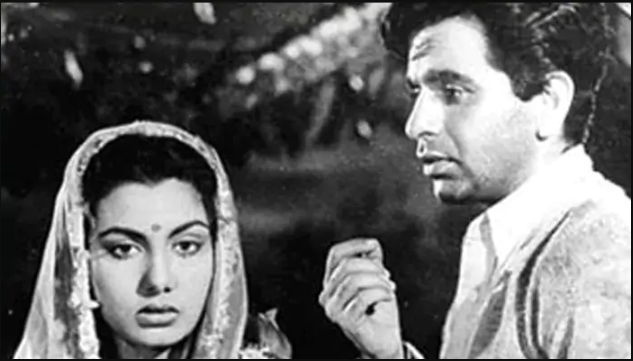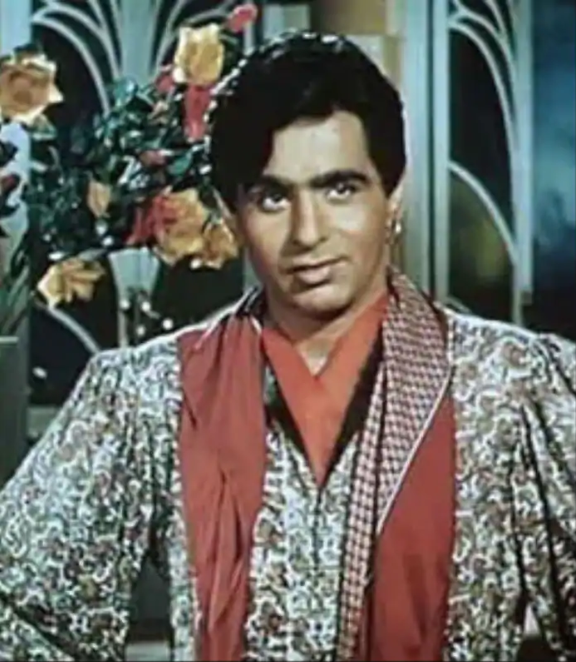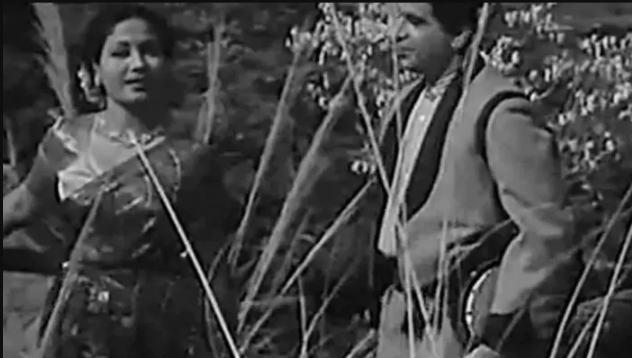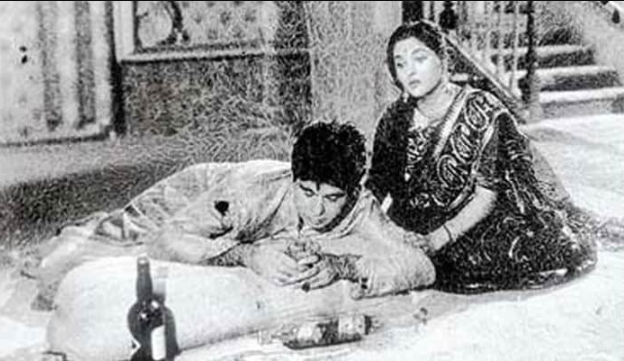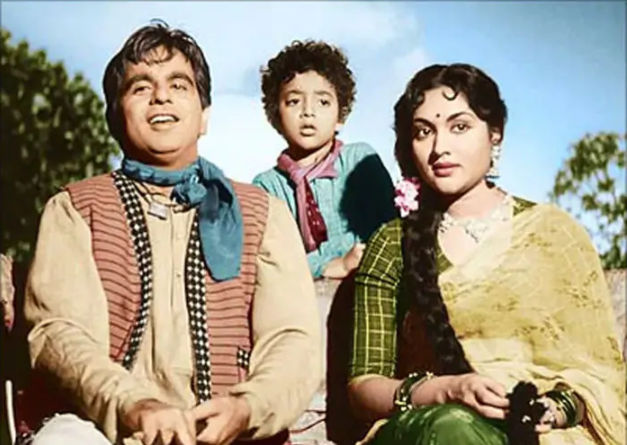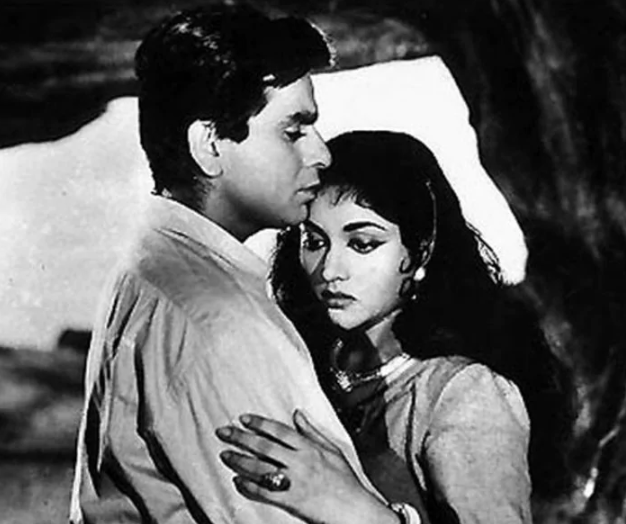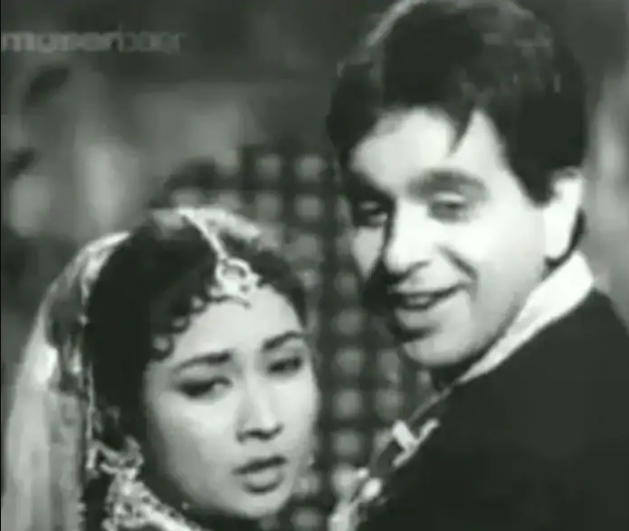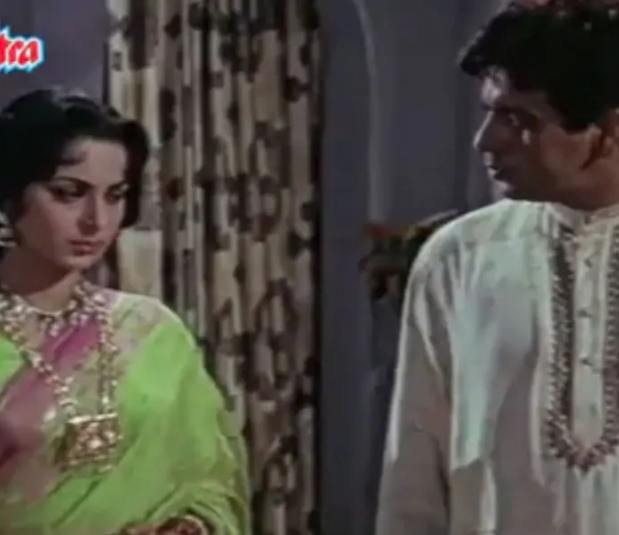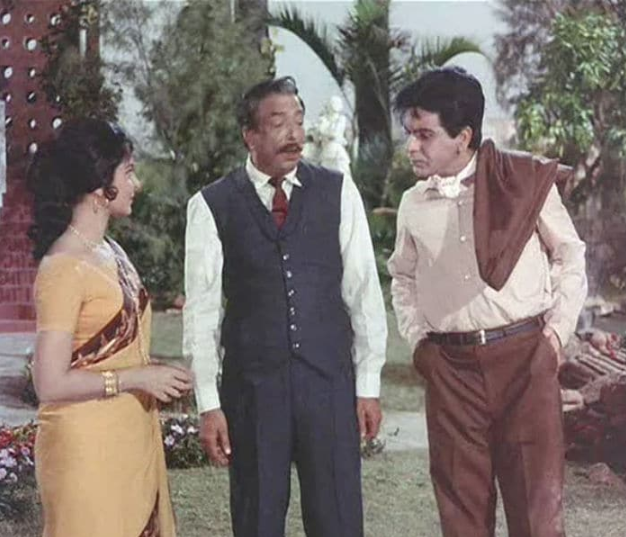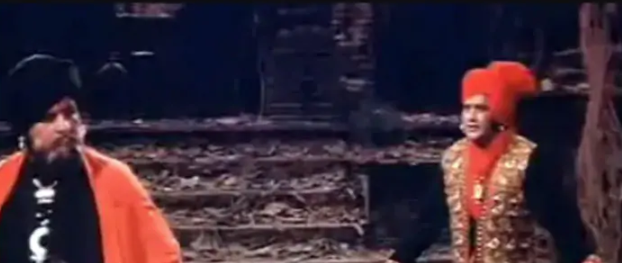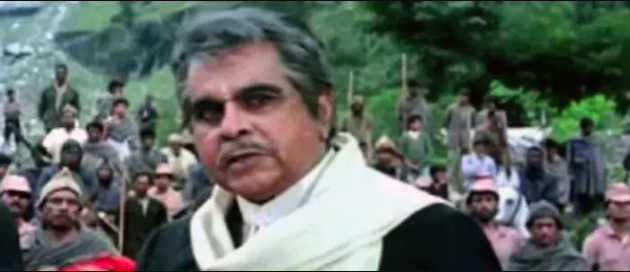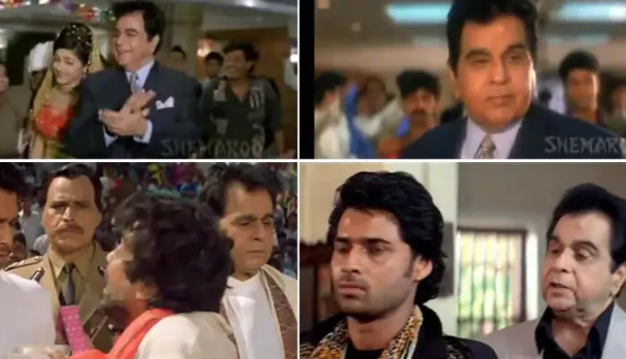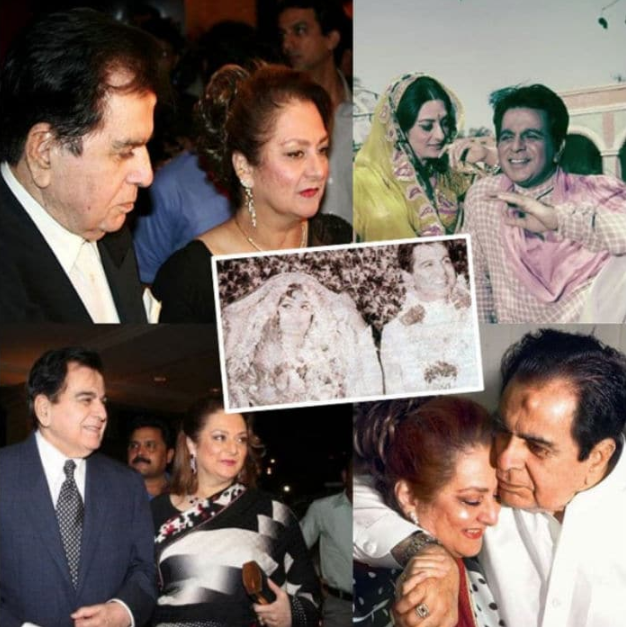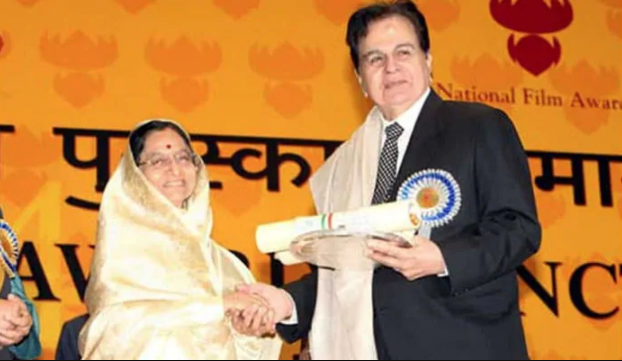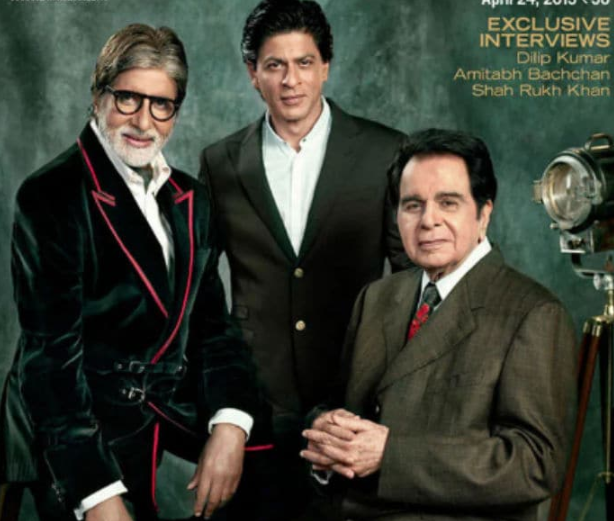The Journey That Made Dilip Kumar An Icon
The Journey That Made Dilip Kumar An Icon
-
Dilip Kumar, the grand old man of Bollywood, died on Wednesday. The iconic actor, who has featured in over 60 films in his 50-year long career, left behind a rich legacy. From Kranti and Azaad to Shakti and Saudagar, Dilip Kumar proved his versatility in acting several times.
-
Dilip Kumar's real name was Muhammed Yusuf Khan. Young Yusuf used to assist his father, a fruit merchant who owned orchards in Peshawar and Maharashtra's Deolali region. The family moved to Mumbai in the 1930s and in 1940. Yusuf left home, moving to Pune where he ran a canteen. He was spotted in the canteen by actress Devika Rani and her director-husband Himanshu Rai, owners of Bombay Talkies studio. Yusuf, re-christened Dilip Kumar by author and screenwriter Bhagwati Charan Verma, was cast as the male lead in Bombay Talkies' Jwar Bhata (1944).
-
Dilip saab's performance in Andaz (1949), opposite the equally legendary Raj Kapoor, earned him critical acclaim as well as box-office success. With Raj Kapoor and Dev Anand, he formed one-third of the trinity that ruled Indian cinema, just emerging from the shadow of British rule, for two decades.
-
Bimal Roy's classic Devdas in 1955 saw Dilip Kumar cast opposite Vyjayanthimala and Bengali actress Suchitra Sen. Based on Sarat Chandra Chattopadhyay's novel of the same name, Devdas was a huge success and fetched Dilip saab his third Filmfare award. Shah Rukh Khan, who played Devdas in 2002 and has often been compared to the older actor, said his film was "a tribute to Dilip saab."
-
He was seen opposite Vyjayanthimala yet again in Naya Daur (1957), which was originally filmed in black and white. The film was colorized and re-released on August 3, 2007. Dilip saab's performance in Naya Daur is considered one of his finest. Filmfare agreed, and handed him another award.
-
By now, Dilip Kumar was known as the Tragedy King and the series of emotion-laden performances led him into depression. On the advice of his psychiatrist, he turned to lighter roles, which included Kohinoor (1960) with Meena Kumari, another Filmfare-winning performance.
-
Among his most famous screen outings was Prince Salim in K Asif's epic Mughal-e-Azam opposite Madhubala, who was rumoured to be his real-life romance as well. The doomed Dilip Kumar-Madhubala love story has been the subject of much speculation and was even turned into a semi-fictionalized TV documentary recently. Legend has it that Madhubala's formidable father Ataullah Khan's opposition ultimately tore the couple apart.
-
In 1966, Dilip Kumar tried his hand at direction with Dil Diya Dard Liya, the Hindi adaptation of Emily Bronte's classic novel, Wuthering Heights. The film was co-directed by A R Kardar. Dilip Kumar played the lead role in the movie, which also featured Waheeda Rehman, Pran, Rehman, Shyama and Johnny Walker.
-
Dilip Kumar's first double role was in Ram Aur Shyam (1967). The movie inspired multiple remakes in Bollywood such as Seeta Aur Geeta starring Hema Malini (1972), Chaalbaaz (starring Sridevi) in 1989 and Kishen Kanhaiya (starring Anil Kapoor) in 1990. And yes, there was a Filmfare award waiting for Dilip saab.
-
Dilip Kumar was awarded the Padma Bhushan in 1991, the Dadasaheb Phalke Award in 1994 and the Nishan-e-Pakistan (Pakistan's highest civilian award) in 1998, an award that Shiv Sena supremo Bal Thackeray asked him to return. He refused, saying at the time: "This award was given to me for the humane activities to which I have dedicated myself. I have worked for the poor; I have worked for many years to bridge the cultural and communal gaps between India and Pakistan. Politics and religion have created these boundaries." He received Filmfare's Lifetime Achievement Award in 1993.He also held the honorary position of Sheriff of Mumbai in 1980.
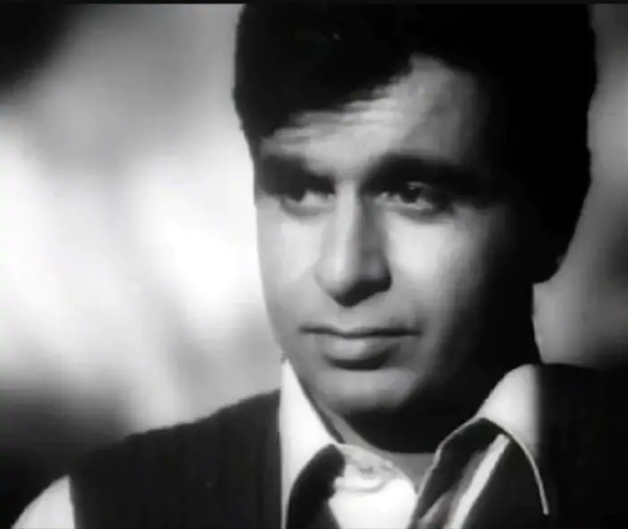
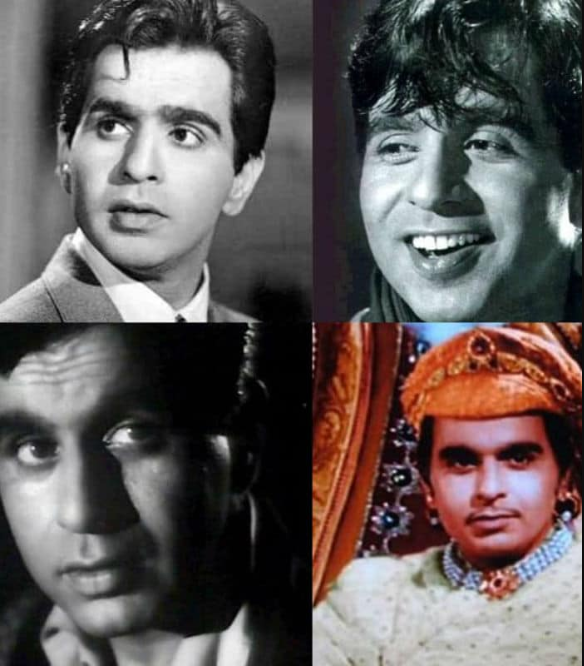
.jpg)
